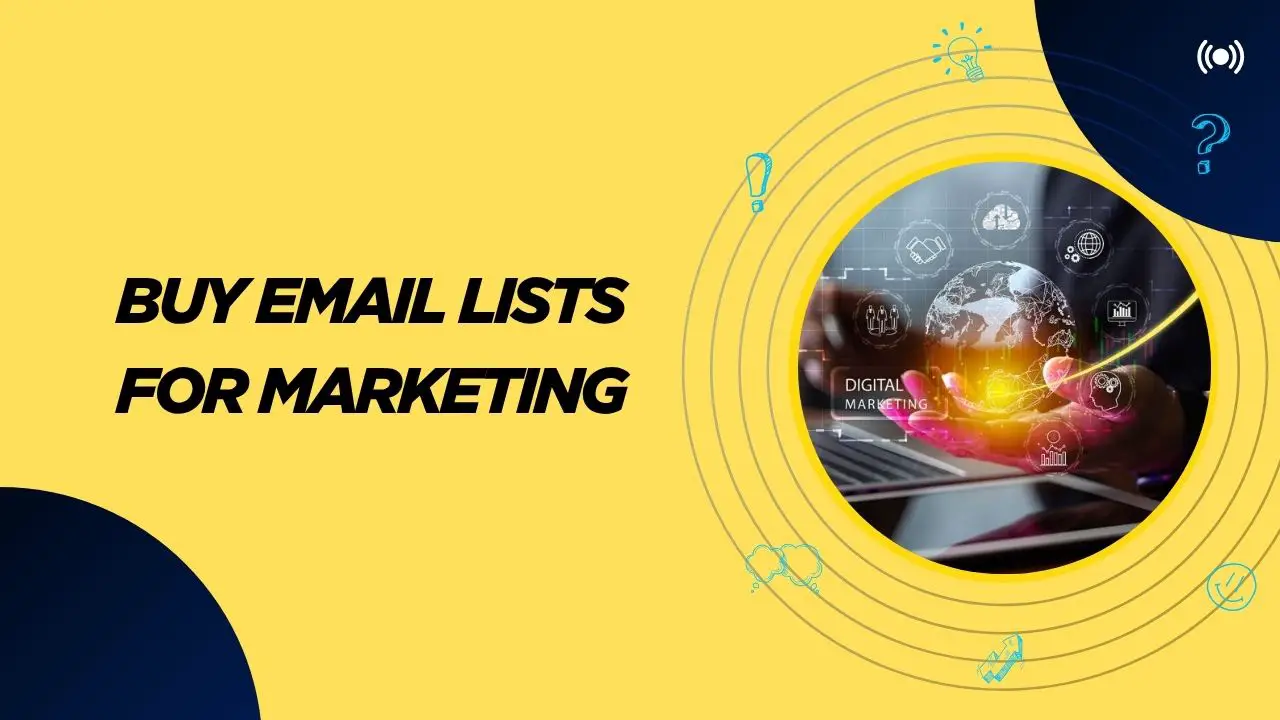Spam complaints are a major issue. Recipients can mark your emails as spam. This hurts your sender reputation. A poor sender reputation can get your emails blocked. Your domain might even be blacklisted. This makes it hard to reach any of your subscribers. Even the ones who willingly signed up. Reputable email service providers (ESPs) discourage this practice. They have strict rules against using purchased lists. They can suspend or close your account.
Why Purchased Lists Are Low Quality
Purchased lists are often outdated. Email addresses change over time. Many addresses on the list may be old or invalid. This leads to high bounce rates. A high bounce rate signals a problem to ESPs. It shows that your list is not clean. This further damages your sender reputation. Some addresses on these lists are "spam traps." These are whatsapp number list fake email addresses. They are used by ESPs to catch spammers. Sending to a spam trap is a serious offense. It can lead to immediate blacklisting. The quality of a list is its most important feature. Purchased lists lack this crucial quality.
Legal and Ethical Issues
Using purchased lists raises legal questions. Many countries have strict data privacy laws. GDPR in Europe is a key example. It requires explicit consent for marketing. You cannot get this consent from a purchased list. Sending emails to these people is a violation. This can result in huge fines. There are also ethical concerns. It is not ethical to email people without their permission. It erodes trust between businesses and customers. Building a relationship requires trust. This trust is impossible with a purchased list.

Alternatives to Buying Email Lists
Building an organic email list is better. It takes more time and effort. But the results are far superior. An organic list consists of interested people. They have willingly subscribed to your content. This leads to higher engagement. You will see better open and click rates. These subscribers are more likely to convert. They are already interested in what you offer. Building this list is a valuable long-term strategy.
Strategies for Growing an Organic Email List
There are many ways to grow your list. Start with a signup form on your website. Make it prominent and easy to find. Offer something of value in exchange. This is often called a "lead magnet." It could be an e-book, a checklist, or a special discount. Create compelling content on your blog. Use a call-to-action to encourage signups. Host webinars and online events. Collect email addresses during registration. Use social media to promote your list. Run contests and giveaways. Ask for an email address to enter.
The Power of Segmentation
Once you have a list, segment it. Divide your subscribers into smaller groups. This is based on their interests or behavior. Segmentation allows for more targeted emails. You can send relevant content to each group. This increases engagement even more. It shows subscribers you understand them. It builds a stronger, more personal connection. Personalization is the key to effective email marketing.
Building a quality email list takes time. It is a slow, steady process. But the returns are well worth the effort. An organic list is a valuable asset. It is a foundation for lasting customer relationships. It ensures your marketing is both effective and ethical. Focus on providing value to your audience. They will happily give you their email in return.